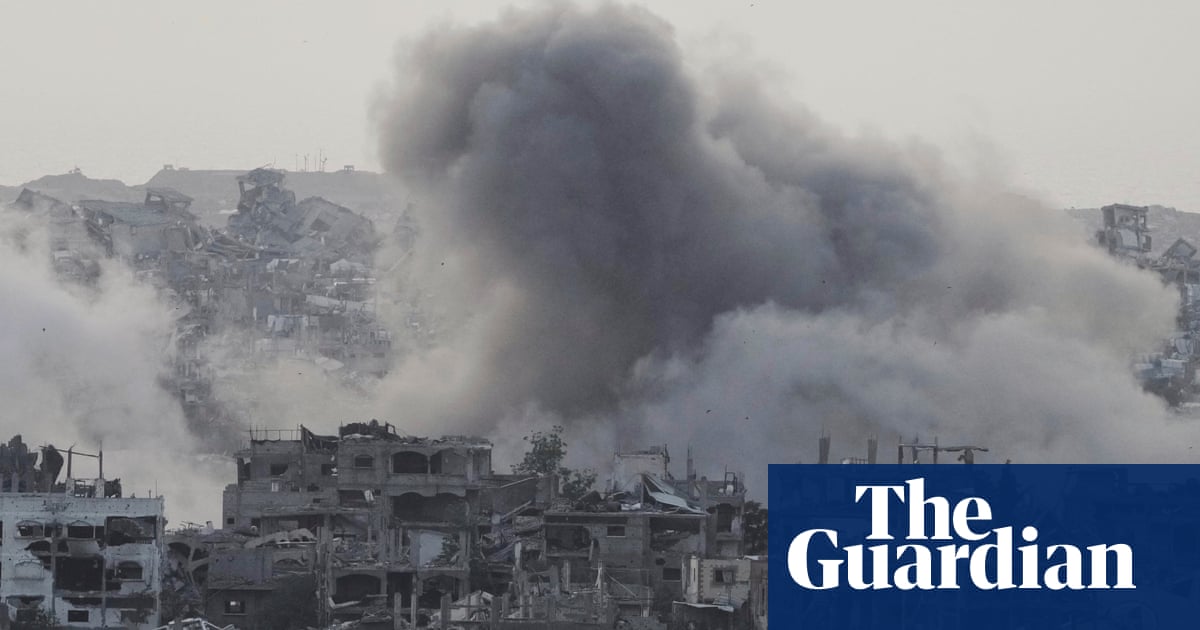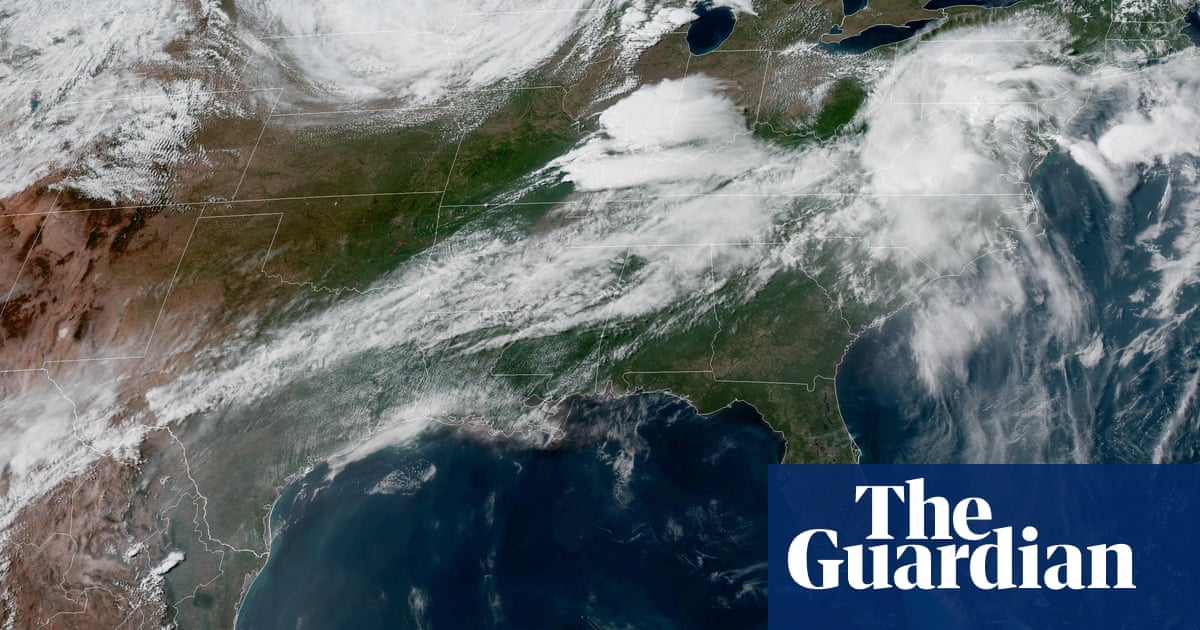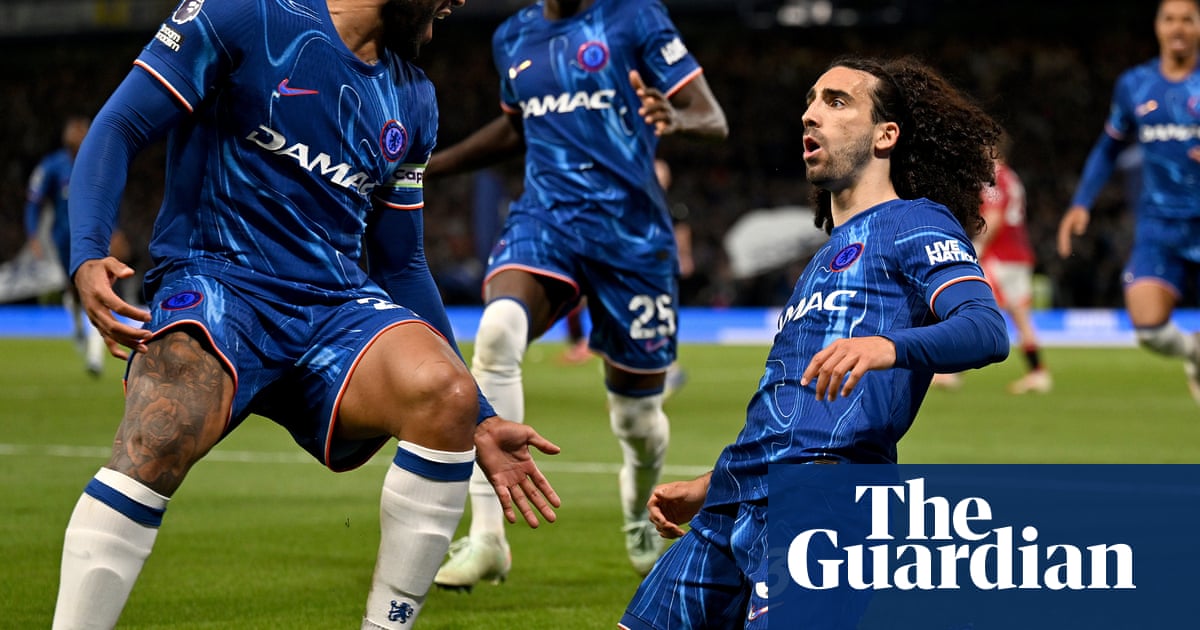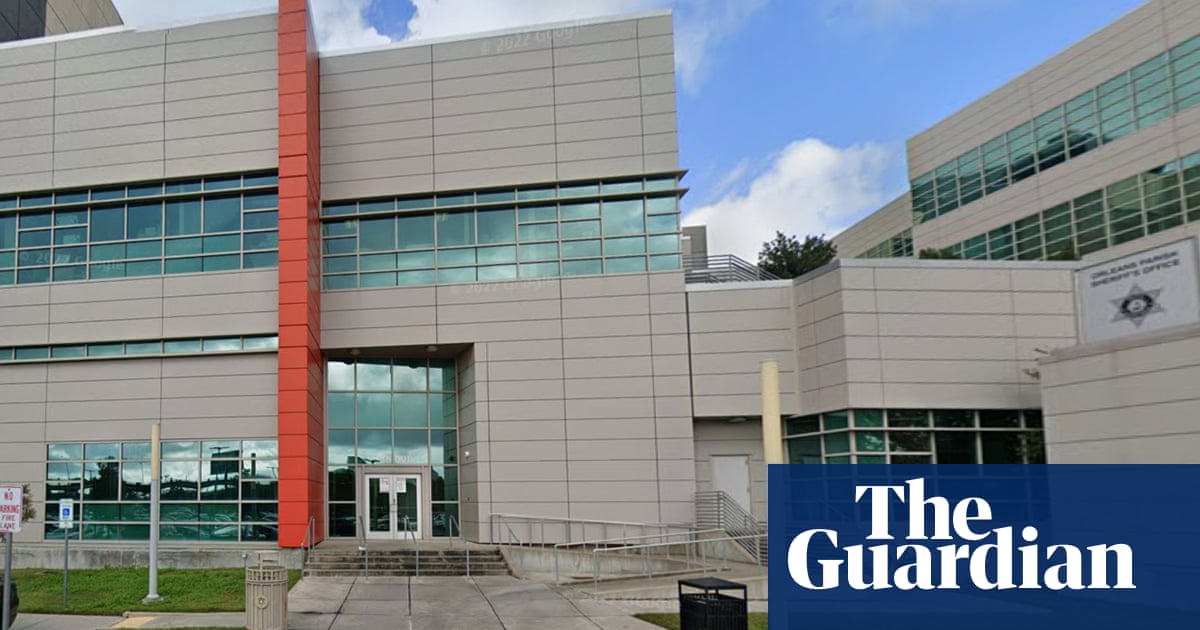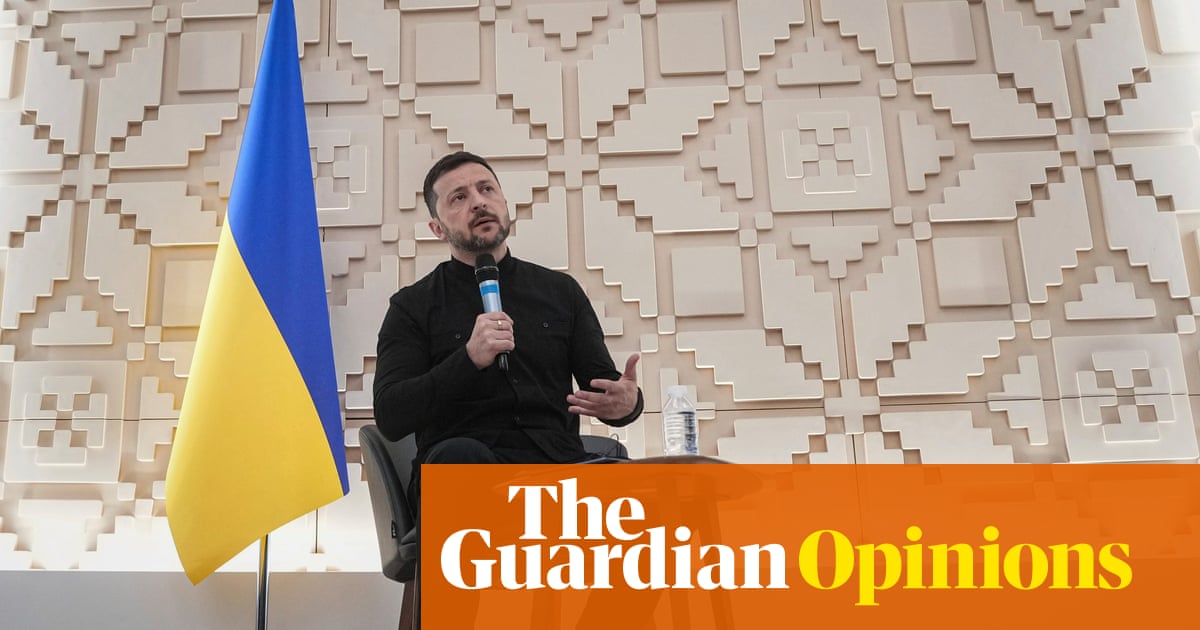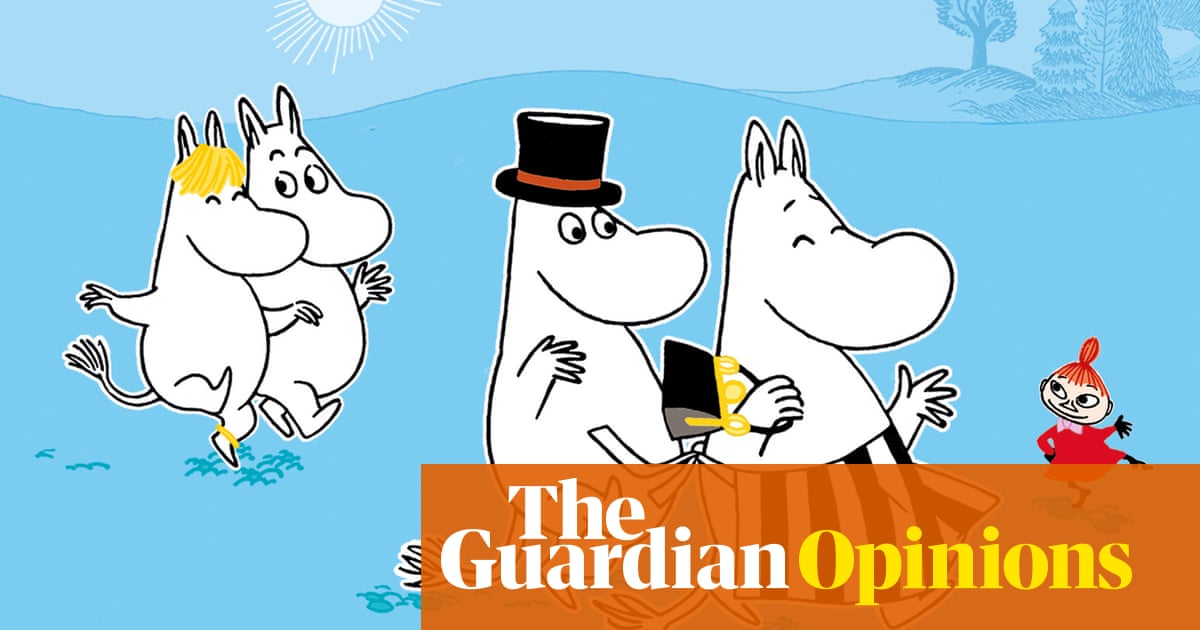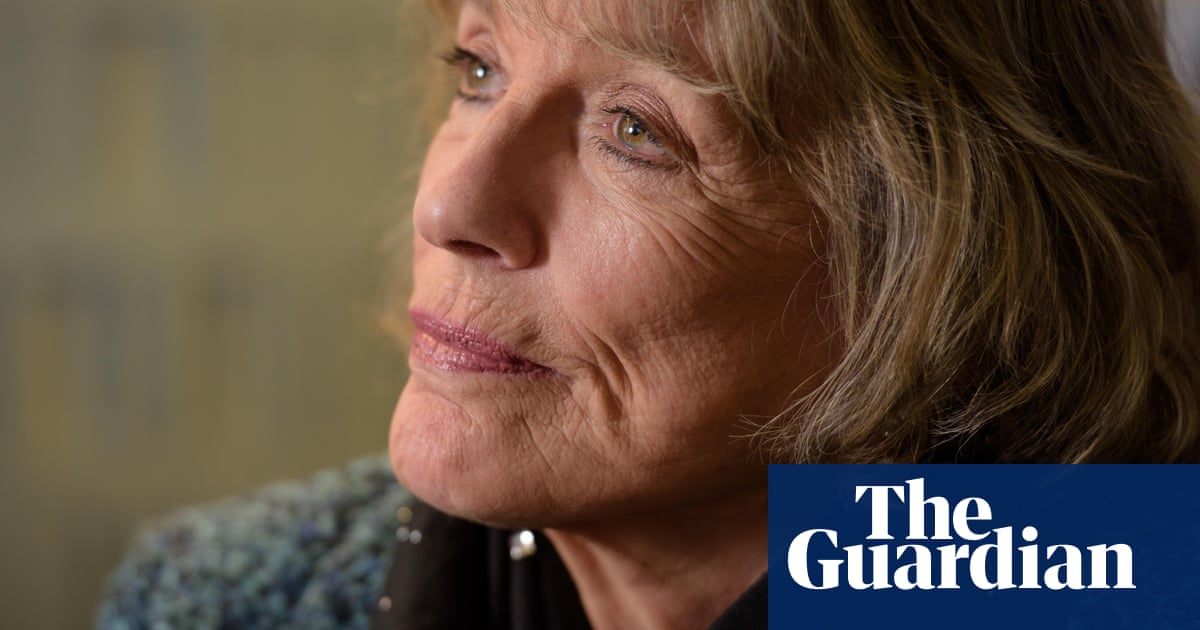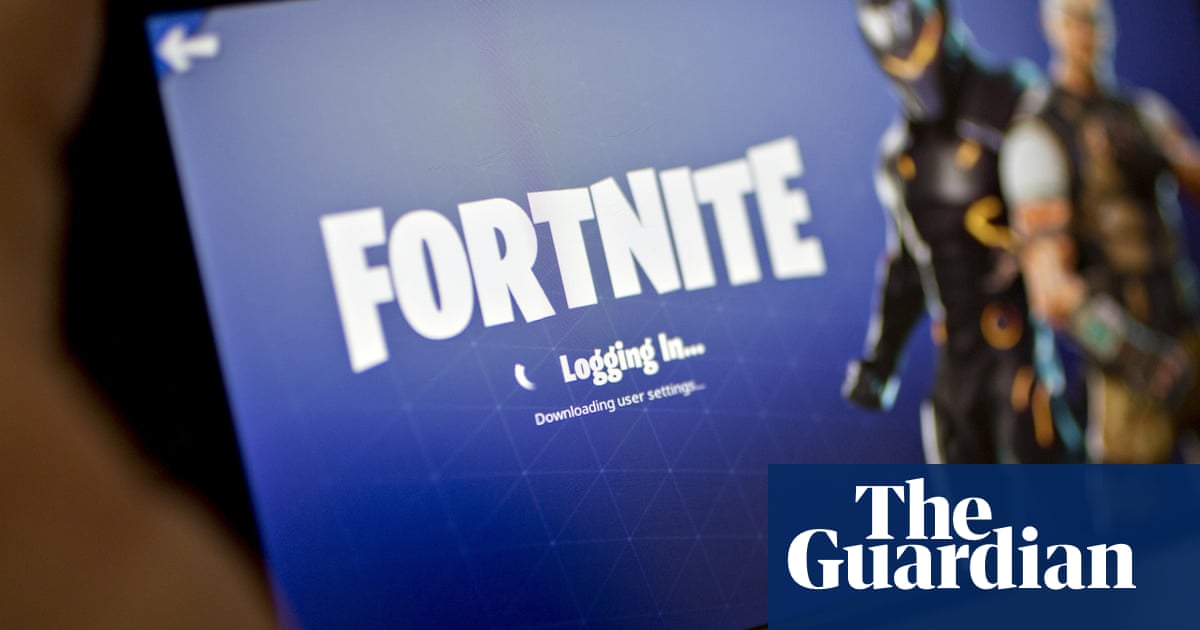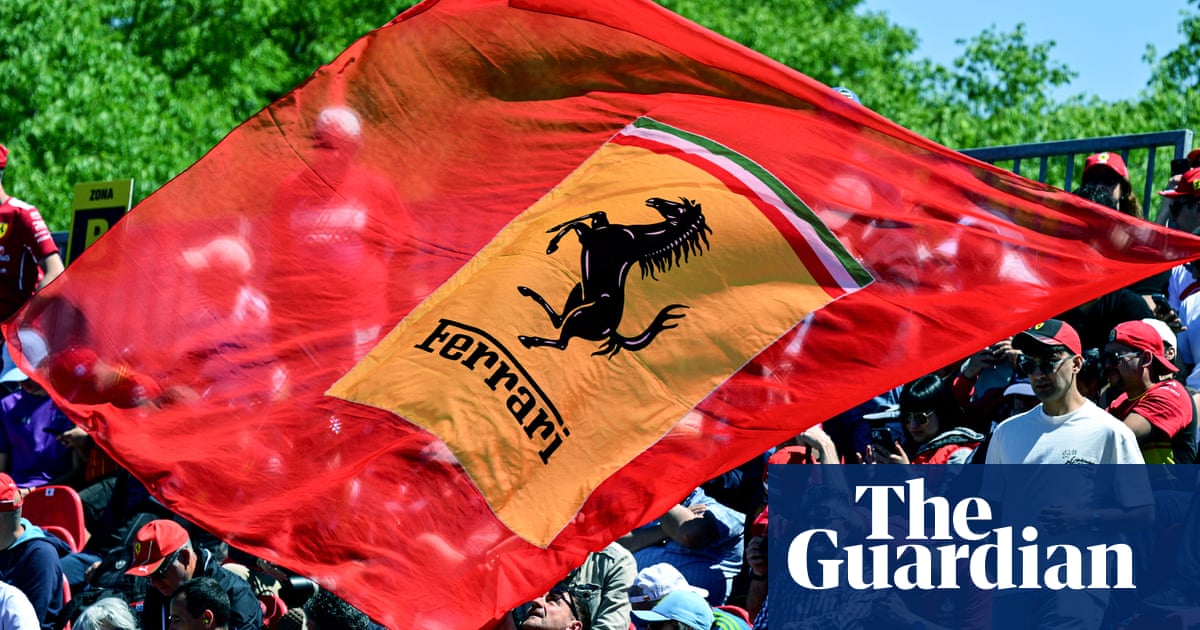Russia and Ukraine have agreed to a large-scale prisoner exchange but failed to reach a breakthrough during their first direct peace talks since 2022, held in Istanbul without either Vladimir Putin or Volodymyr Zelenskyy.
Sitting down under pressure from the US president, Donald Trump, Ukraine had pushed for a 30-day ceasefire before the talks. Moscow rejected this, appearing to stick to its maximalist demands, including sweeping restrictions on Ukrainian sovereignty.
Images from the meeting, held at the Dolmabahce Palace, were stark: a row of Russian delegates in dark suits sitting opposite Ukrainians wearing their trademark green camouflage combat fatigues.
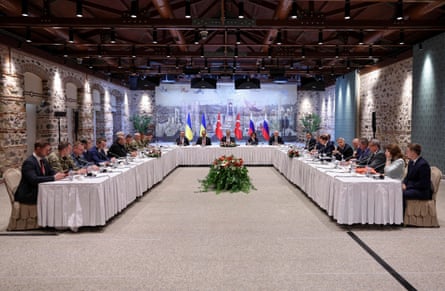
The only tangible result of the talks, which lasted less than two hours, was that the two sides agreed to exchange 1,000 prisoners of war each, the largest prisoner swap of the conflict.
While the meeting appeared to achieve little toward ending the conflict, it represents a symbolic win for Putin, who refused to accept the 30-day ceasefire that Ukraine and its European allies had demanded as a prerequisite for talks.
The Russian leader has been engaged in a delicate balancing act with the US president, appearing to support peace talks to stay in Trump’s favour, while pushing for terms that in effect amount to Ukraine’s capitulation.
The outcome is likely to be seen as a setback for Zelenskyy, coming after his bold gamble of challenging Putin to a direct meeting in the hope of winning favour with Washington and exposing what Ukraine describes as the Russian leader’s hollow promises to end the war.
Vladimir Medinsky, the ultra-conservative head of Russia’s delegation, said Moscow was satisfied with the results and was prepared to keep talking to Kyiv.
Both sides said they discussed organising a meeting between Zelenskyy and Putin, who have met only once, in 2019.
The stalemate appears to pave the way for a US-Russia summit, after Trump undercut the talks on Thursday by saying that “nothing is going to happen” until he meets Putin personally. On Friday, the US president, who had grown increasingly impatient with the slow pace of negotiations, said he would meet his Russian counterpart “as soon as we can set it up”, raising fears in Kyiv that they could be sidelined while others decide their fate.
Zelenskyy has spent the last few weeks accommodating various US demands to demonstrate his willingness to pursue peace. But Trump’s latest remarks – framing a US-Russia summit as the only path to resolving the conflict – underscored his failure to influence the US president’s thinking.
Expectations were already low for the talks, with US officials playing down hopes and Moscow showing little willingness to compromise.
Russia stuck to its maximalist territorial demands, insisting that Ukraine surrender areas that Moscow does not even control, according to a source in the Ukrainian delegation cited by Reuters on condition of anonymity.
Ukraine’s western allies, alongside Zelenskyy, were quick to denounce Russia’s position. Keir Starmer, who was in Albania for a European summit, said the UK, France, Germany and Poland had agreed that the Russian position in peace talks was “unacceptable” and had discussed the matter with Trump. A photograph showed the country’s leaders, alongside Zelenskyy, on the phone to Trump after the failed talks.
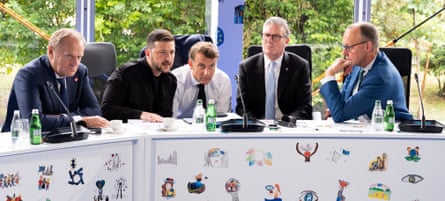
Starmer said: “We just had a meeting with President Zelenskyy and then a phone call with President Trump to discuss the developments in the negotiations today. And the Russian position is clearly unacceptable, and not for the first time. So as a result of that meeting with President Zelenskyy and that call with President Trump we are now closely aligning our responses and will continue to do so.”
Zelenskyy renewed his calls for sanctions on Moscow if it failed to agree to a ceasefire. “Our position – if the Russians reject a full and unconditional ceasefire and an end to killings, tough sanctions must follow,” Zelenskyy said on X. “Pressure on Russia must be maintained until Russia is ready to end the war.”
Hopes in Kyiv and among its European allies that Trump would impose tough sanctions after the failed talks were dampened by the US president indicating he wanted to meet Putin – leaving Moscow with little incentive to compromise in Turkey.
after newsletter promotion
The meeting began 24 hours later than planned after a frantic day of confusion and political theatrics.
Putin, who had proposed the meeting, opted not to travel to Turkey. Instead, he sent a mid-level delegation, which led Zelenskyy to question Moscow’s seriousness, dismissing the Russian representatives as mere “theatre props”.
Zelenskyy, who arrived in Ankara on Thursday, ultimately gave in to US pressure to proceed with the talks and agreed to send a delegation to Istanbul led by Ukraine’s defence minister, Rustem Umerov.
“Unfortunately, [the Russians] are not serious enough about the negotiations … Out of respect for President [Donald] Trump and [the Turkish leader, Recep Tayyip] Erdoğan, I have decided to send our delegation to Istanbul now,” Zelenskyy said.
Behind the brinkmanship lies a fundamental and, for now, irreconcilable divide in Zelenskyy and Putin’s approaches to peace.
Ukraine has consistently demanded a full 30-day ceasefire before entering substantive negotiations. It has indicated it may be willing to accept a freeze of the frontlines and drop its attempt to join Nato, but only in return for increased western military and economic support, and security guarantees that could include European troops on the ground.
Zelenskyy on Friday reiterated that his number one priority was “a full, unconditional and honest ceasefire. This must happen immediately to stop the killing and create a solid basis for diplomacy.”
Moscow has consistently rejected extended ceasefire proposals, arguing they would give Ukraine time to rearm and regroup at a time of battlefield advances by Russian forces.
The Kremlin instead has sought to frame the meeting on Friday as a continuation of the fruitless talks held in March 2022. At the time, Russia’s demands included drastically scaling back Ukraine’s armed forces, blocking it from rebuilding with western support, and imposing other sweeping restrictions on Ukrainian sovereignty. Kyiv has repeatedly rejected those terms.
Medinsky, who led the Russian delegation in Turkey, is a hawkish Kremlin aide and former culture minister who has repeatedly questioned Ukraine’s right to exist as an independent nation. During the meeting, the self-styled historian, often criticised for historical revisionism, reportedly invoked Tsar Peter I’s 21-year war against Sweden as a warning to Ukraine, suggesting Moscow would outlast it in a prolonged conflict and urging Kyiv to settle on Russia’s terms.
Ruth Michaelson in Istanbul contributed to this report

.png) 7 hours ago
2
7 hours ago
2
